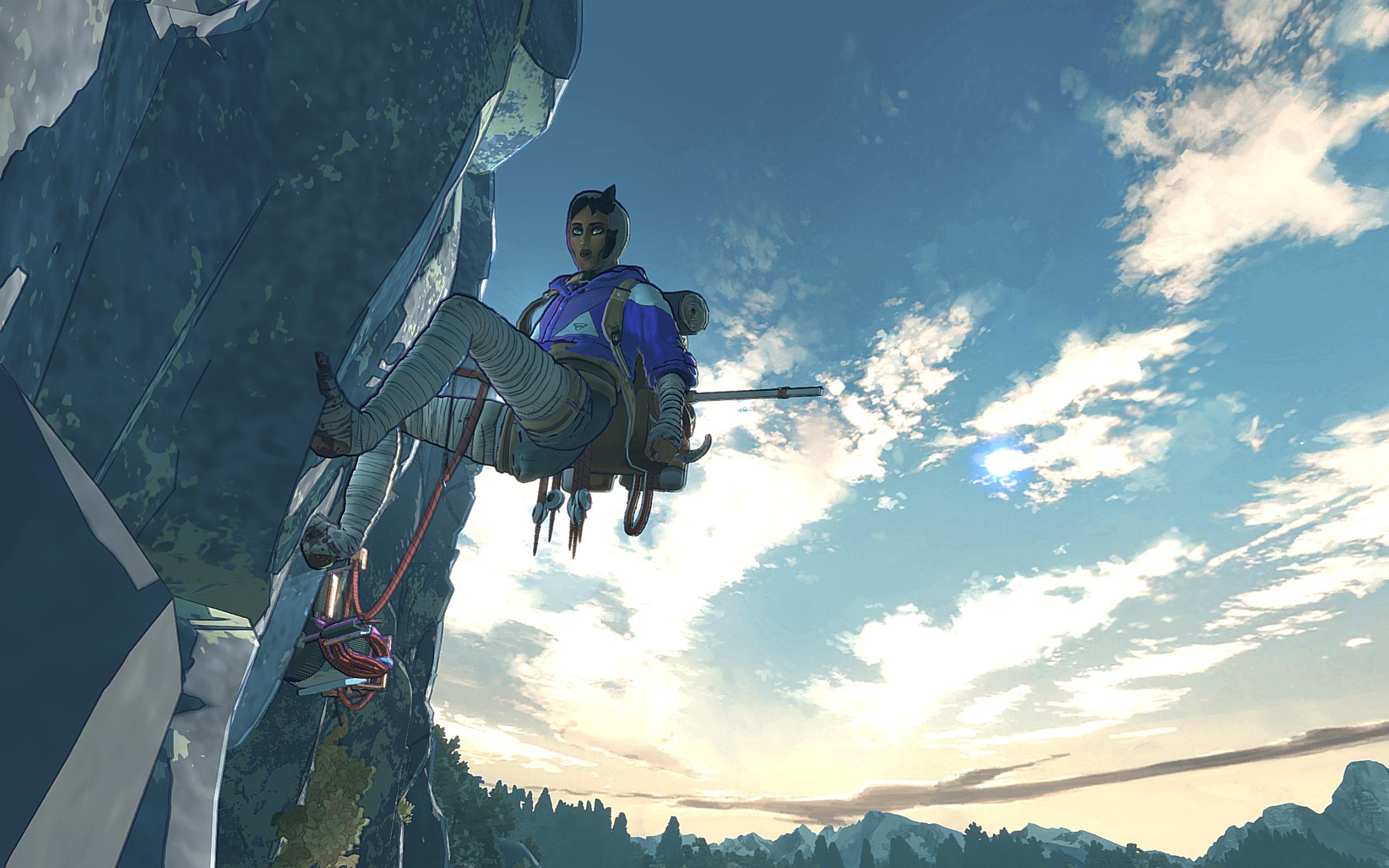Dragon-riding PC exclusive Drakan: Order of the Flame deserves a glorious reawakening—here’s how you can take to the skies today
A classic PC gaming action-adventure that still brings the heat
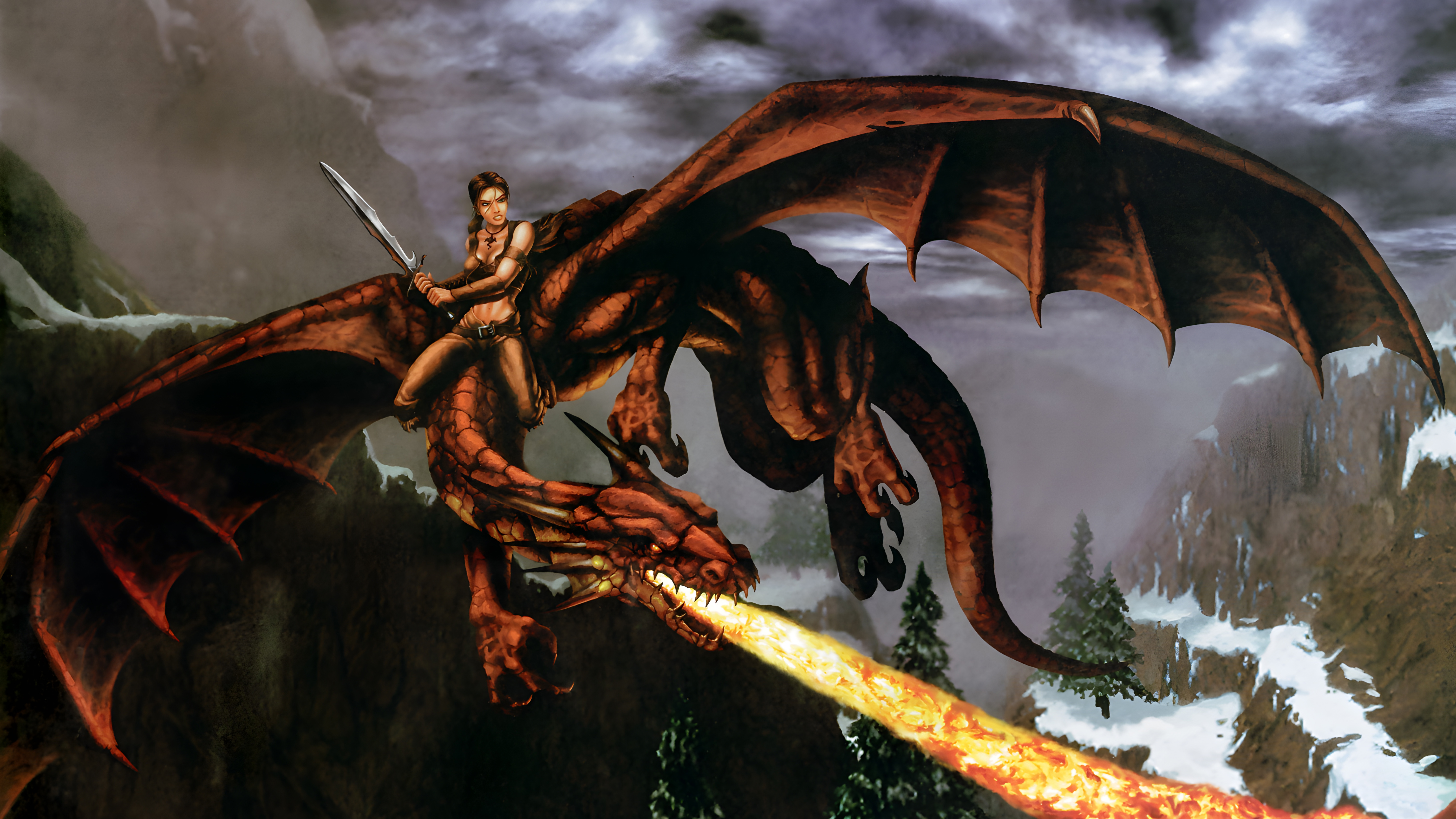
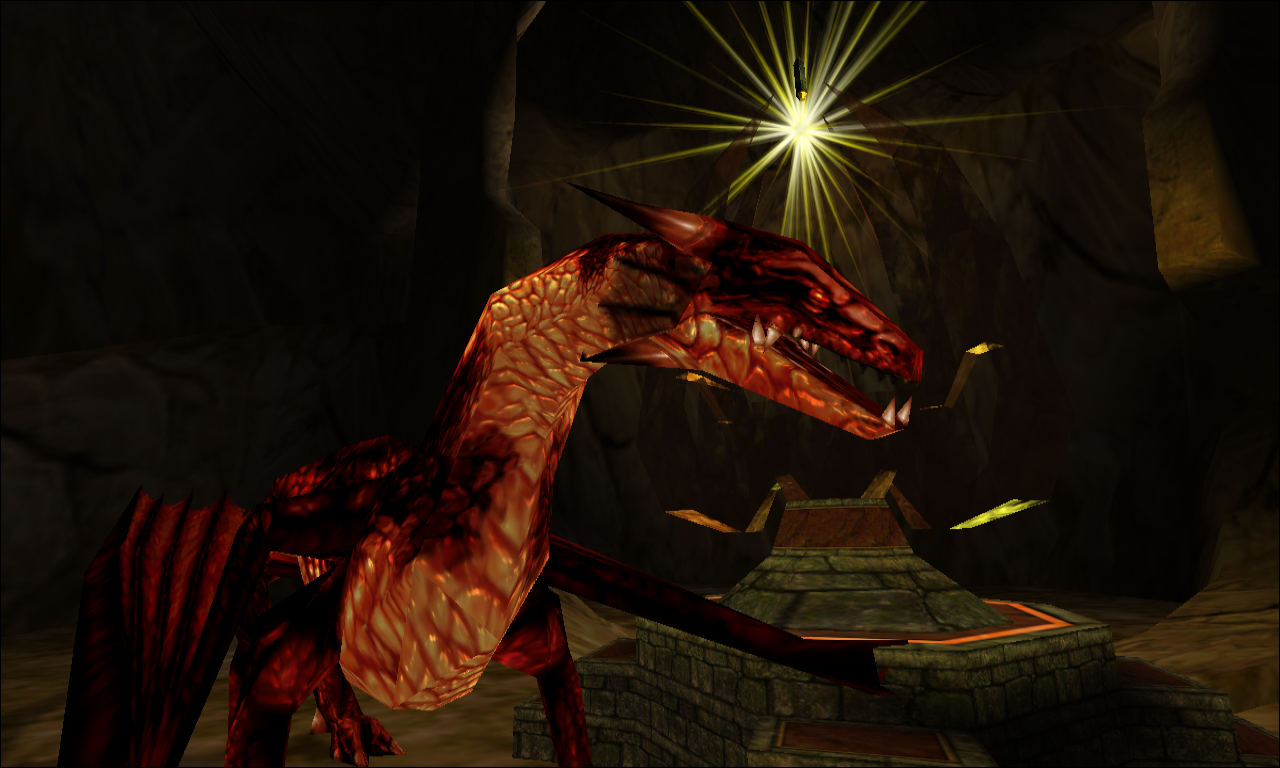
Getting Drakan to run today on modern hardware is tough, especially so as no official remake or remaster exists (come on GOG!) If you own an original copy of the game, though, like I do, then I advise you to peruse the downloads section of the awesome and long-running Drakan fan site, Arokh's Lair, as it is a wealth of information and patches (both official and unofficial) that will help you get flying on Arokh today.
You're Rynn, a slender and agile warrior who has, barely, survived her village being sacked, raided, and burned to the ground by the orcish forces of Navaros, a fallen evil sorcerer set on resurrection and world domination.
Everyone you knew or loved in the village is dead, slaughtered by the Wartok horde. Fallen men and women lie broken within burning buildings, which stand charred and wrecked, while crop plantations lie in ashes at your feet.
There is one survivor, though, your brother Delon, who has been kidnapped by Navaros' minions and whisked away to act as the vessel for Navaros' return. And, as you stumble to your feet and grab your sword, his rescue is the only thing in your mind.
Of all the PC games that I've seen come and go over the last 30 years or so, I think Drakan: Order of the Flame is one of the most undeservedly unknown and underrated. If you've even heard of it, then you're already on your way into my PC gaming good books, whereas if you've already played it and are currently nodding knowingly as you read these words, then I salute you, for you are truly a person of exceptional gaming taste.
If you haven't, though, then step this way my friend, and let me take you back in time to discover a proper PC gaming diamond currently lying dormant on the sands of time.
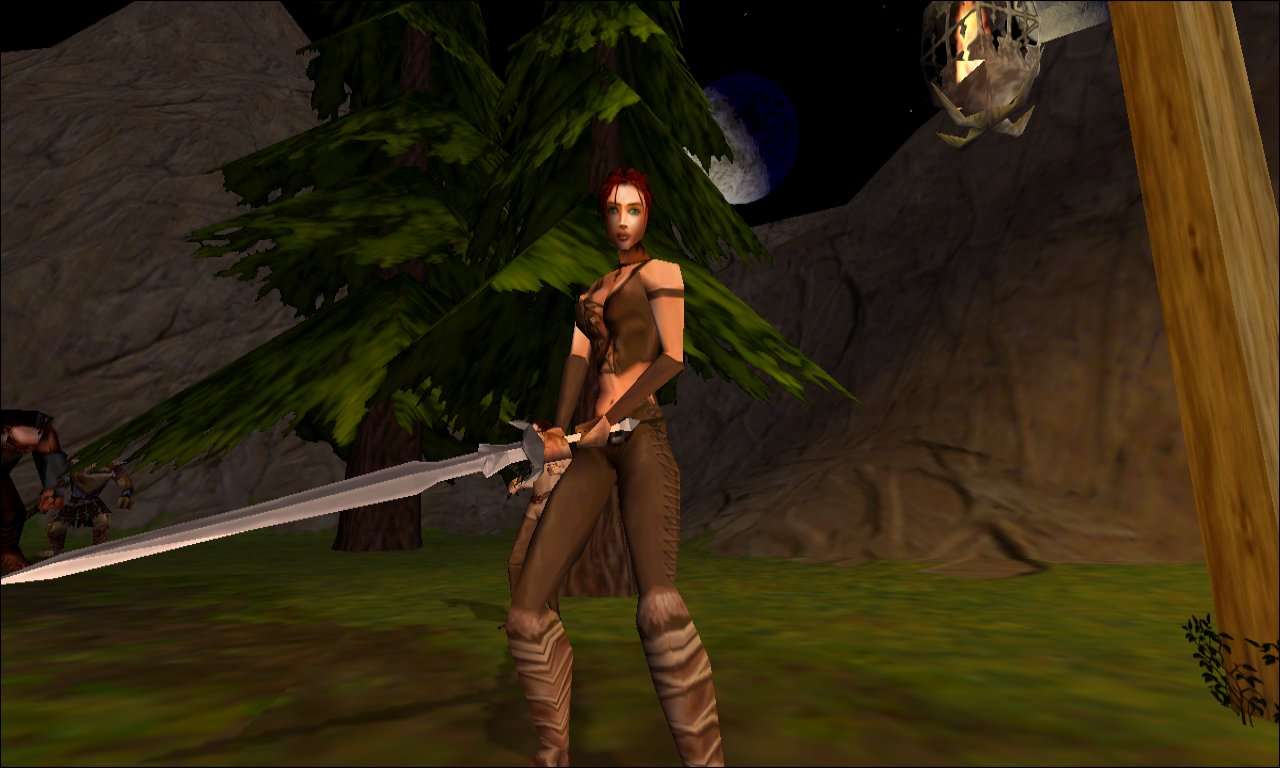
Crucible of fire
An action-adventure slasher at its heart, Drakan recalls an age in PC gaming in the late 1990s and early 2000s where, for both good and bad, the industry was still far more like the Wild West than it is today, with a free, pioneering, experimental spirit felt very much throughout the medium.
Big budget games could take wild swings at new genre ideas and gameplay mechanics, typified in titles like Peter Molyneux's Black & White (2001), Will Wright's The Sims (2000), or Shiny Entertainment's underrated gem Sacrifice (2000). And that's saying nothing of now legendary game-changers like Deus Ex (2000), a game that could have only been born out of this era, where 'AAA budget' and 'mad new shit' went hand in hand.
Keep up to date with the most important stories and the best deals, as picked by the PC Gamer team.
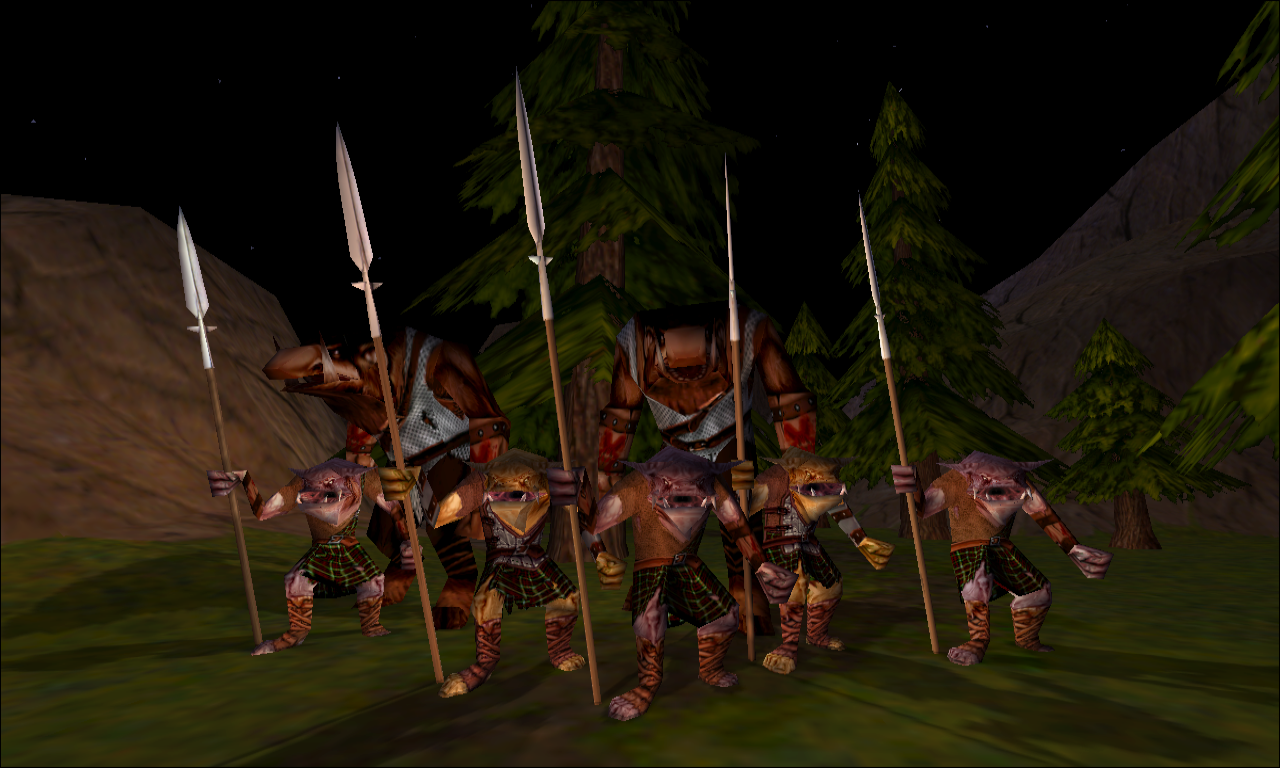
Today, while gaming is just as creative as ever, innovative new gameplay mechanics and ideas tend to come from small-scale indie developments, from the weird and wonderful games made by just a handful of devs that are free to implement new ideas in far more of a risk and corporate overwatch-free environment.
I'm thinking of games like Viewfinder, Balatro, Abiotic Factor, Animal Well, Pacific Drive, Deep Rock Galactic Survivor and more. Compare the 'new' found in these games compared to the iterative content found in much of AAA today and the change is clear: AAA today is more conservative than it is has ever been.
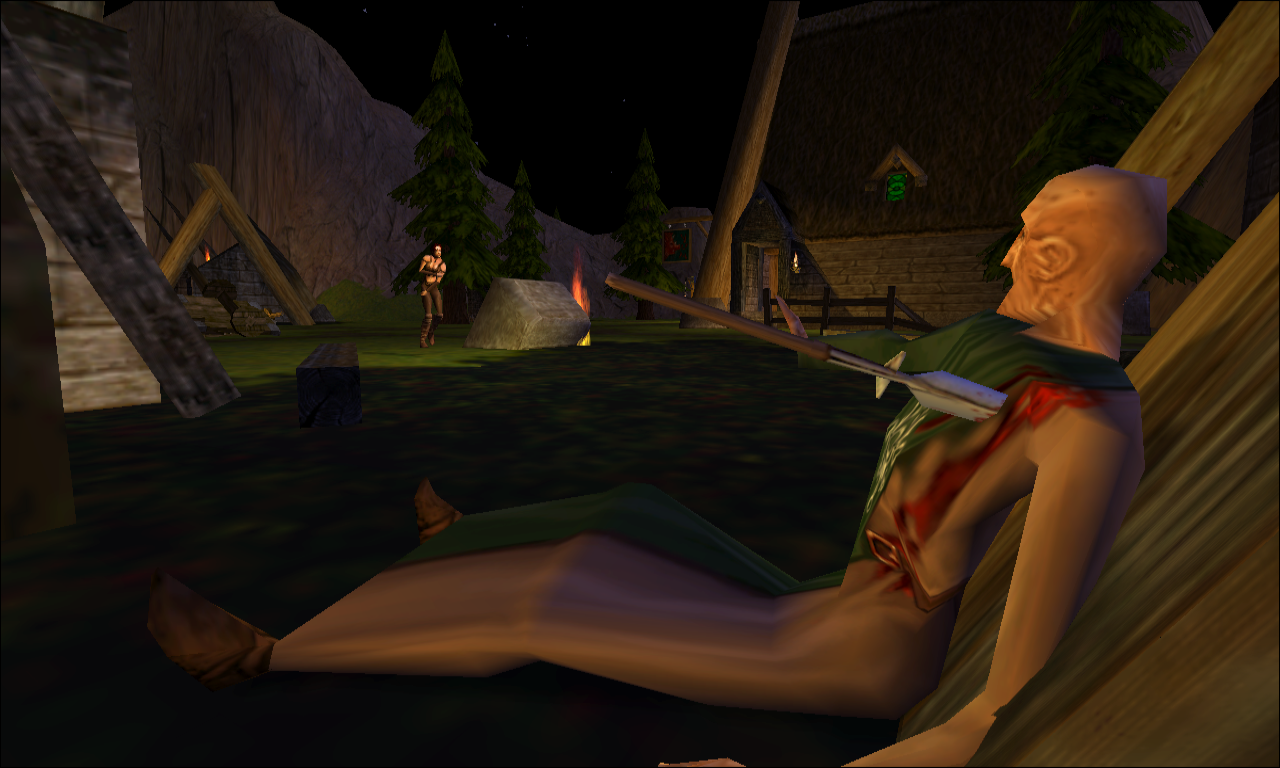
Released exclusively on PC in 1999, amidst the heart of this pioneering period, though, Drakan: Order of the Flame was a game where just doing what everyone else had done was clearly not an option.
So, while you step into the shoes of Rynn, a proper warrior queen who more than a little bit will remind you of Lara Croft and the early (and clearly an influence on this game's developer, Surreal Software) Tomb Raider games, any idea of playing safe in the third-person action-adventure genre immediately melts away when you meet Arokh, the fire-breathing dragon who you will not only bond with, very much like in the movie Dragonheart, but then proceed to fly on and wage war with throughout this world.
Yes, I'm sorry to say that Doom: The Dark Ages got beaten to this specific punch 26 years ago.
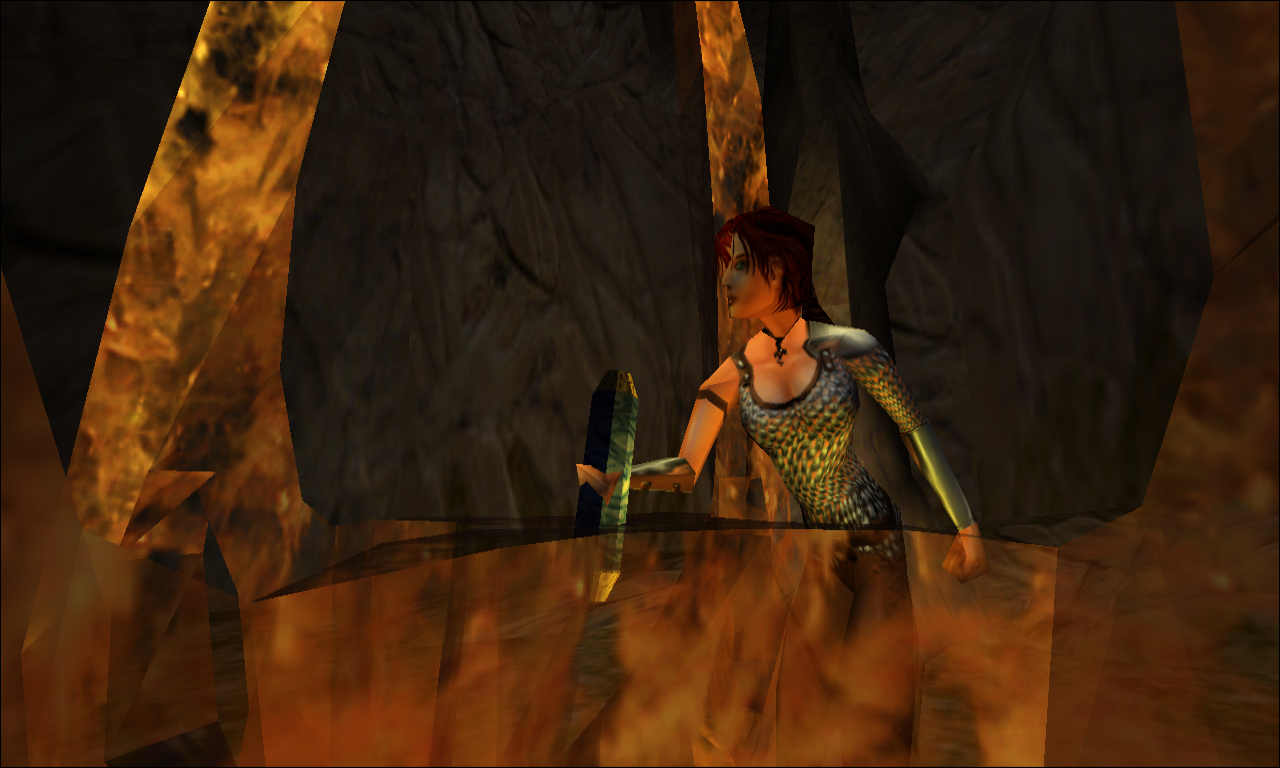
Heart of a dragon
What's most remarkable, still, is Drakan's seamless dragon-riding mechanics, and especially so considering this game was made over a quarter of a century ago. Rynn can call and mount Arokh at will, using his fireball and fire breath attacks to incinerate enemies, both on the ground and in the sky (rival dragons must be duelled with), before flying to a specific part of Drakan's expansive levels to dismount Arokh and then proceed to hack, slash and explore environs on foot.
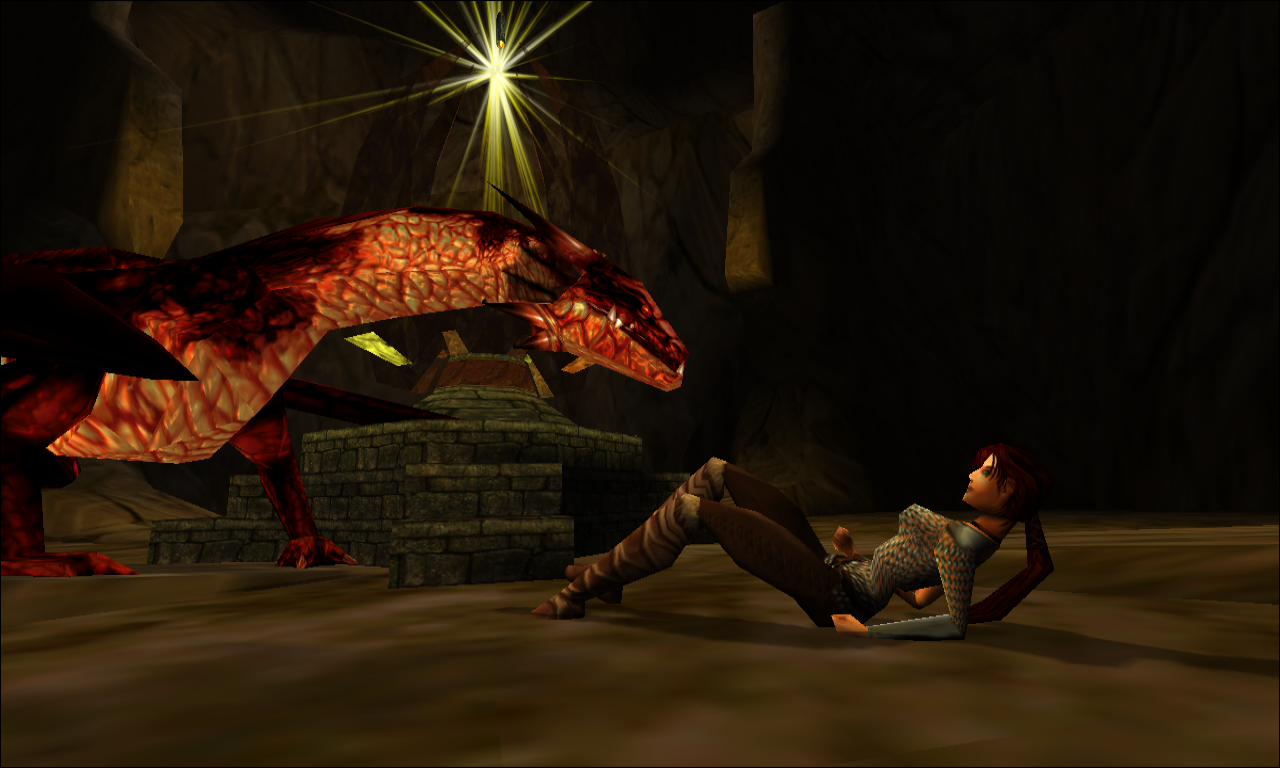
The result is a gameplay loop where Rynn is fluidly fighting beasts on the ground, in caves, temples, crypts and more, before transitioning in moments to the skies on the back of Arokh, swooping, diving and outflanking enemies while bringing the heat to foes and structures alike.
Wartock orcs, spiders, giants, goblins, zombies, scavengers, succubi and more all pose deadly threats on foot to Rynn, but under the intense heat of Arokh's dragon breath, they are soon eradicated.
This ability makes the times when you can lure enemies into the open or to the entrance way of an interior only to then have Arokh torch them (he will fight foes on his own, too, if you are not mounted on him) all the sweeter. After all, your lifeforce is now bonded (if he dies, you die and vice-versa), and you must look out for each other.
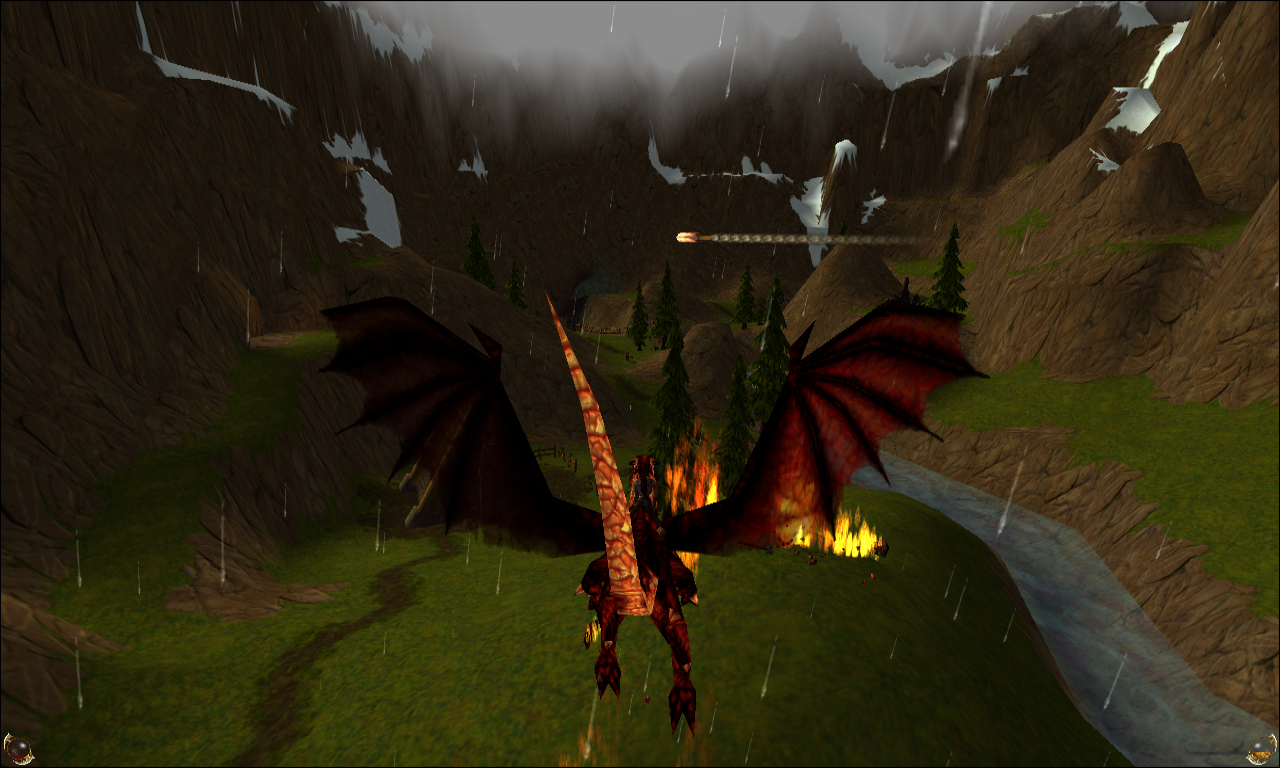
There's something about the relationship that the game sets up and maintains between Rynn and Arokh, through cinematics as well as in-game vocals, that really immerses. Both Rynn and Arokh are fully voiced, and production values are high for the time, even if the quality of the voice acting (especially Rynn) now feels very dated by modern standards.
Nevertheless, with plenty of banter and back and forth between these two stars of the game, it’s hard not to get a feeling akin to that shared by Geralt and Roach in The Witcher. That Rynn and Arokh are joined in their mission is never in doubt, and that this feeling persists on replay after all these years is a testament to the great work Surreal Software did here.
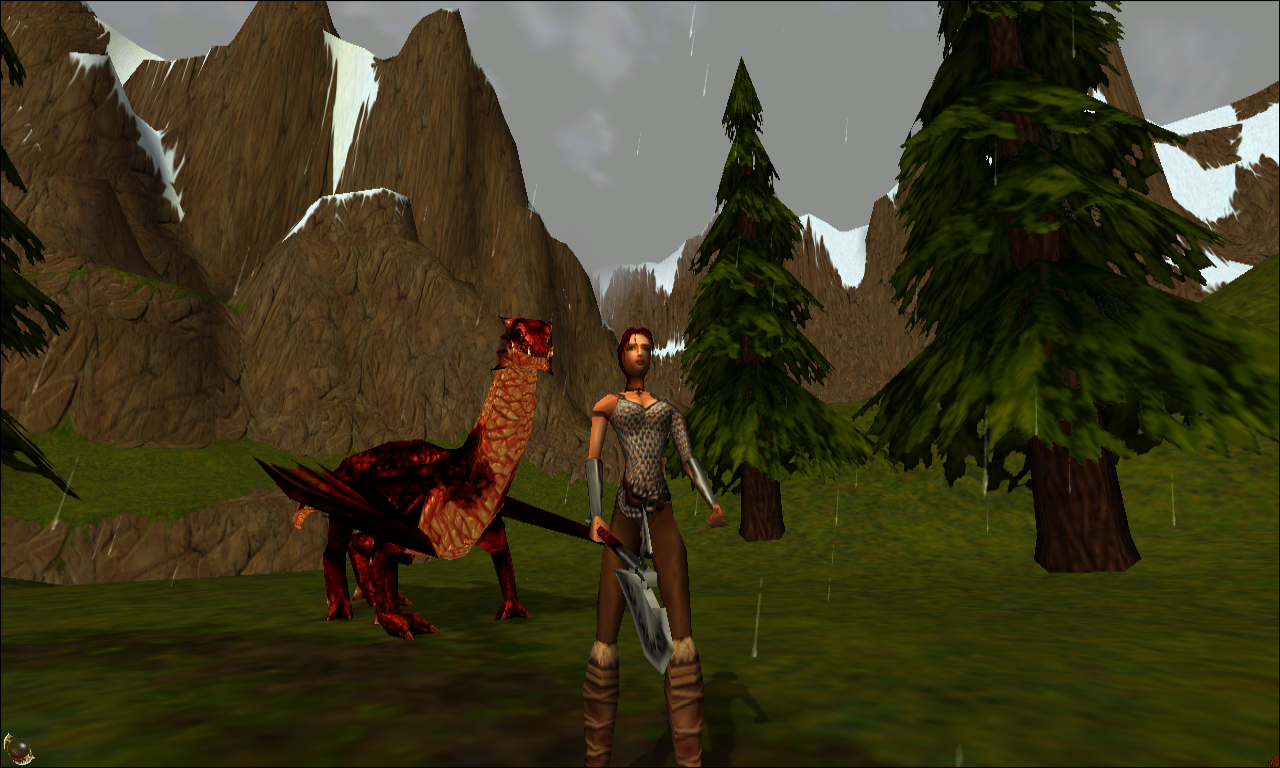
Waves of flame
There's no doubting that the dragon-riding action is the star of the show in Drakan, with it built into the lore and plot of the game, as well as a central pillar to the gameplay. Action on Arokh was clearly influenced by the Panzer Dragoon series, the first three games of which were released from 1995-1998 respectively, but those games were far more restrictive in their scope, with mounted dragon combat the focus.
Nevertheless, combat on Arokh is a case of strafing and outflanking foes while landing far-reaching fireball attacks, or close-quarters fire breath attacks, and doing so while not getting hit yourself. It really is surprisingly similar to Doom: The Dark Ages, actually. What do they say about imitation being the best form of flattery? This is the game at its innovative best.
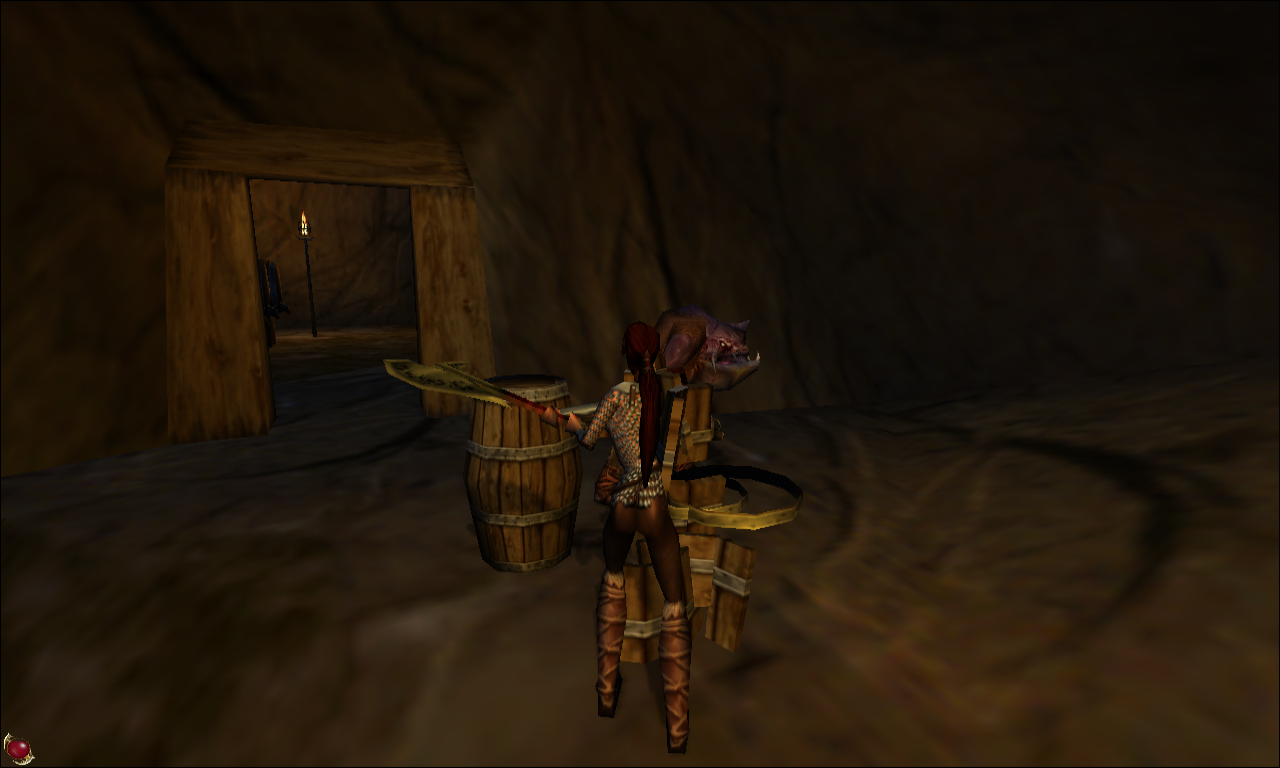
Gameplay off Arokh feels very Tomb Raider, but with a greater focus on up-close hack and slash combat. While perfectly playable still today, this is the game at its iterative worst. Rynn can backflip, dive into bodies of water, nimbly side-dodge, forward roll and more, with a moveset that feels incredibly indebted to Miss Croft.
In terms of attack and defence, though, Rynn can find and equip armour as well as a wide range of shiny blades, axes and magic items, including health and invisibility potions. And she does this from a great inventory system, that when activated sees Rynn turn towards the player and stand ready while items are selected in a bottom-centre mounted inventory box overlay, like in an RPG. It's charming, quite frankly, and a clear sign that this is a true PC game at heart.
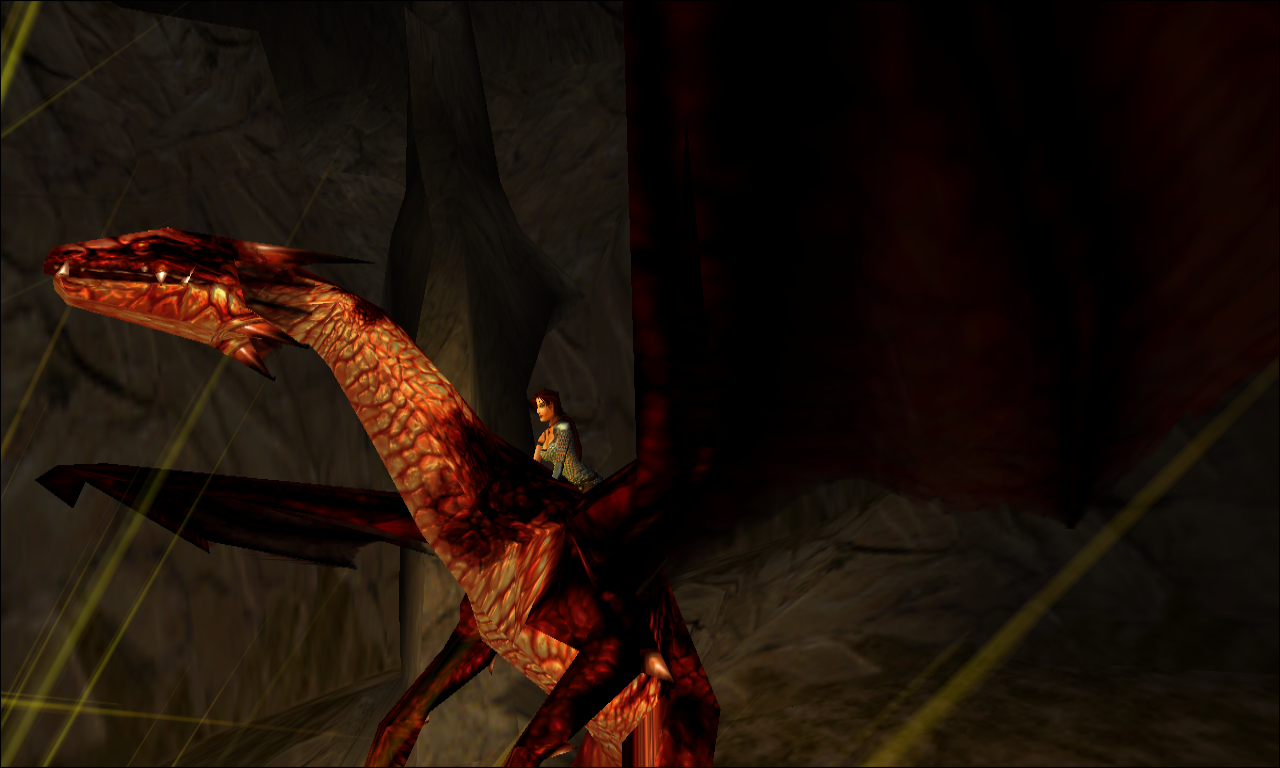
When Rynn isn't attacking foes on foot, she's finding keys to open doors, flicking switches to open doors, or solving basic puzzles, some of which are (very basic) physics-based. This is when Drakan feels most dated. However, the frustration of not finding a specific key aside, I don't feel they get in the way of enjoying its on-foot and dragon-mounted combat and story.
So, yes. Drakan remains, all these years later, a cinematic fantasy adventure of genuine heart, and in my opinion, it is a bona fide PC classic that deserves re-appraisal today in terms of its impact on PC gaming. Fingers crossed that the long-overdue remaster is incoming. In the meantime, though, why not grab a copy of this PC exclusive gem and get tinkering? As with some patches and hacks, you can get it running on modern systems, including Windows 10 and 11.
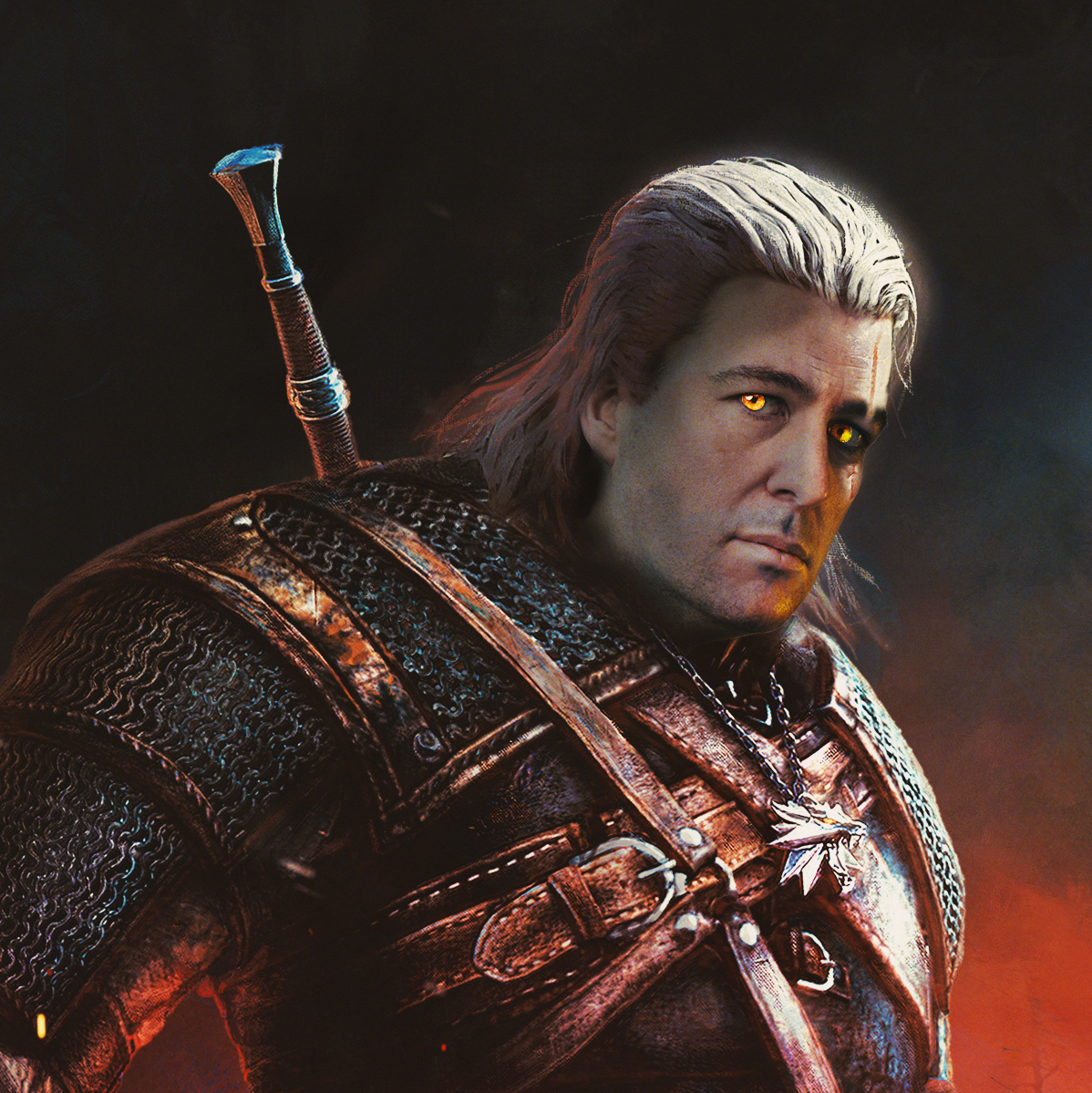
Rob is editor of PC Gamer magazine and has been PC gaming since the early 1990s, an experience that has left him with a life-long passion for first person shooters, isometric RPGs and point and click adventures. Professionally Rob has written about games, gaming hardware and consumer technology for almost twenty years, and before joining the PC Gamer team was deputy editor of T3.com, where he oversaw the website's gaming and tech content as well its news and ecommerce teams. You can also find Rob's words in a series of other gaming magazines and books such as Future Publishing's own Retro Gamer magazine and numerous titles from Bitmap Books. In addition, he is the author of Super Red Green Blue, a semi-autobiographical novel about games and gaming culture. Rob loves riding motorbikes, too.
You must confirm your public display name before commenting
Please logout and then login again, you will then be prompted to enter your display name.

